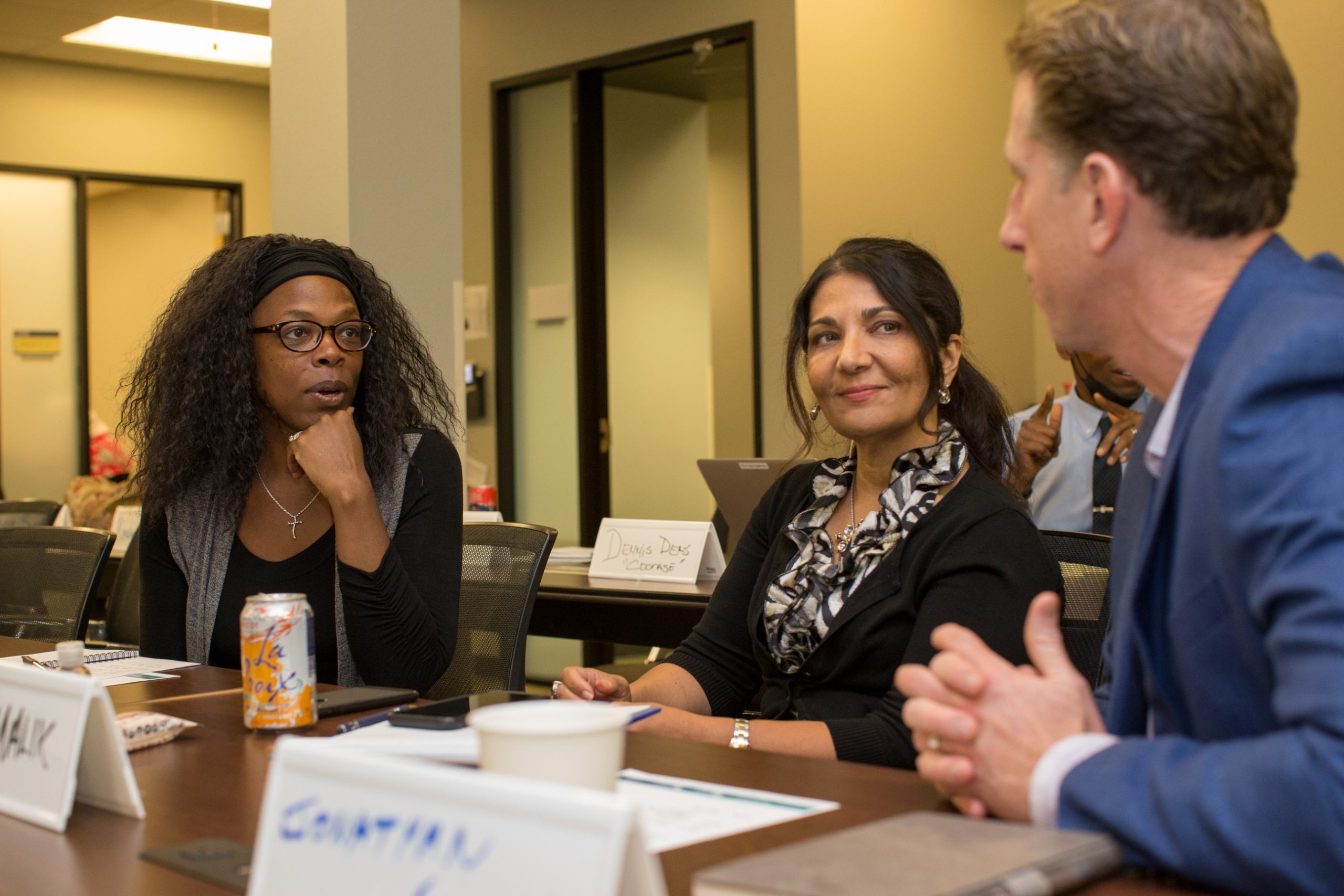This content by Kristen M.J. Azar, scientific medical director of Sutter Health’s Institute for Advancing Health Equity, originally appeared on LinkedIn.
Inequity in healthcare is both the greatest challenge and greatest opportunity facing the healthcare industry today. Truly achieving equity in healthcare would mean that all people, regardless of their circumstances, have access to high quality healthcare that meets the unique needs of our communities and results in optimal health outcomes for all. At Sutter Health, we care for millions of patients throughout Northern California across more than 20 counties – representing communities rich with diversity. Because of this – it is imperative that achieving health equity is synonymous with providing the highest quality care. I help lead Sutter’s Institute for Advancing Health Equity where we, in partnership with others, are committed to developing and testing data-driven solutions that can be applied across our integrated network – and beyond – to uncover and address hidden bias and inequities in healthcare.

Kristen M.J. Azar
Last month, Sutter was proud to co-host the “Unconscious Bias in Healthcare Symposium” alongside the California Medical Association, Physicians for a Healthy California and the California Primary Care Association. A considerable body of research now informs us that unconscious bias both occurs in healthcare settings and has an adverse impact on equitable health outcomes. Unconscious bias (or implicit bias) has been defined as the attitudes or stereotypes that are activated involuntarily and without awareness, that affect our understanding, actions, and decisions in an unconscious manner. These attitudes can either be positive or negative, with the negative impacts resulting in discrimination (e.g., racism, classism, ableism, sexism etc.) and detrimental health outcomes for some patient subgroups compared to others. While few would argue the detrimental effects that unconscious biases can have on patient outcomes, there is a lack of consensus, evidence and guidance as to how best to mitigate it. At the event, health equity experts, researchers, clinicians and policymakers engaged in focused discussion and problem solving. We discussed the importance of community-led interventions and building accountability into organizations. We also emerged with a vision of joining together, in partnership, to collaborate on ways to advance effective bias mitigation strategies and interventions.
As a first step toward that, key insights from the symposium will inform the development of interventions and recommendations to help establish future unconscious bias mitigation strategies are measurable and effective. These tangible insights will be published in early 2023 to better ensure these interventions help providers both here, in California, and nationwide achieve more equitable outcomes. I invite you to read this summary of the Symposium, which reflects the expertise and passion of inspiring health equity experts and advocates. We have an opportunity – and a duty to our patients – to get this right, and I’m grateful to be able to share some of the extraordinary work so many are doing to achieve this goal.





